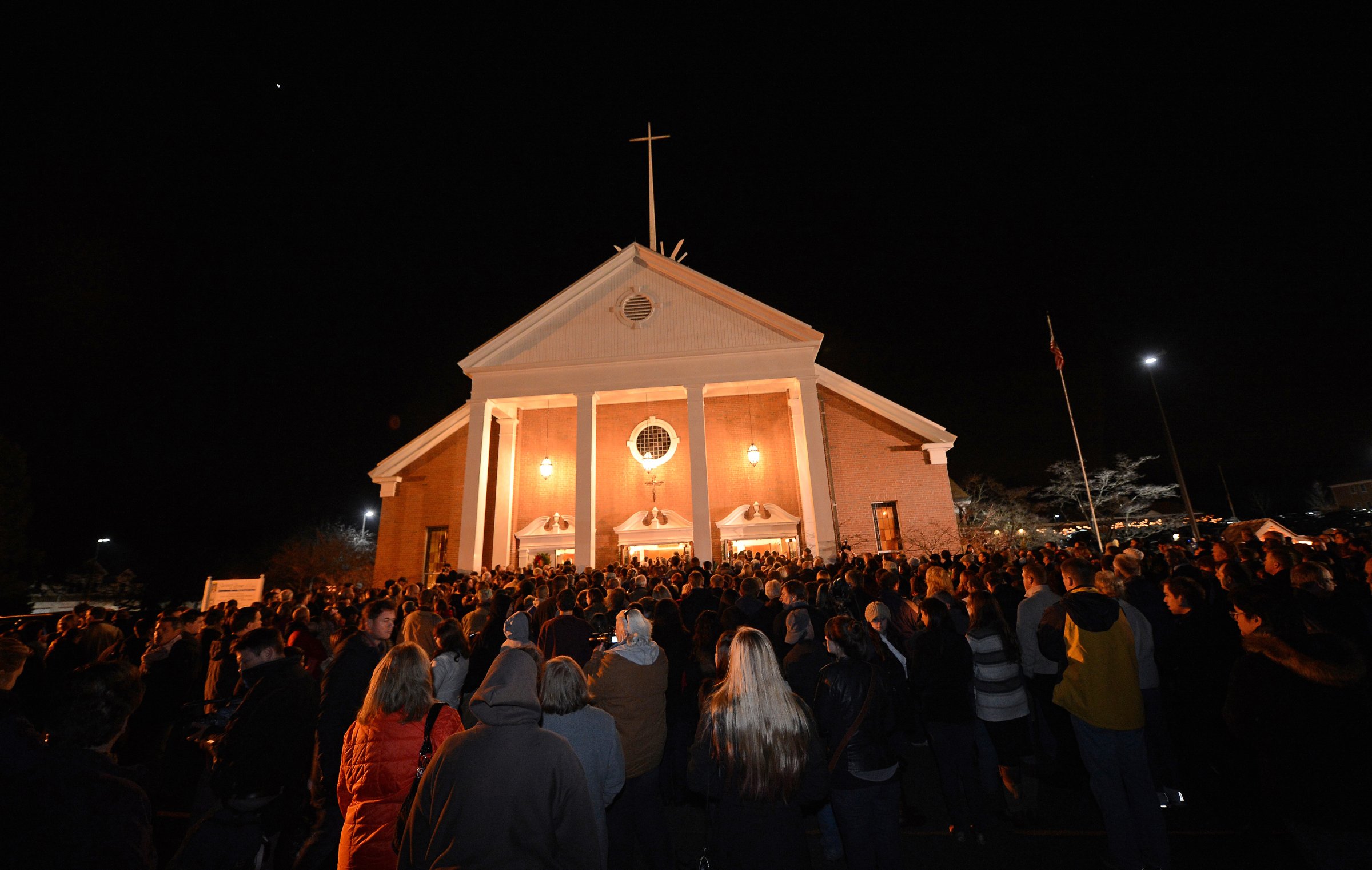
The granola republic of Vermont is the least religious state in America, with just 22% of its population qualifying as “very religious,” according to a major survey out Monday from the polling group Gallup. New Hampshire, Maine, and Massachusetts are runners-up in the irreligious stakes.
That’s not to say those states are filled with heathens. While the Bible-reading habits and religiosity of American cities is a matter of some debate, there’s no question that the U.S. remains, on the whole, a religious nation. In all, more than 70% of Americans were very or moderately religious in 2013, according to Gallup. But within the country’s borders, the intensity of worship varies widely from state to state.
Nine of the top 10 most religious states in the country—”very religious” defined by Gallup as a respondent who says religion is an important part of daily life and reports going to church every week or almost every week—are all in the greater American South. The country’s most religious state is Mississippi, with 61% fitting the “very religious” description. Its rivals, in order, are Alabama, Louisiana, South Carolina, Tennessee, Georgia, Arkansas, North Carolina, Oklahoma, and Kentucky.
The exception among the top ten most religious states is Utah, the second most religious state in America, where Gallup found 60% were “very religious.” More than half of the state’s population is Mormon, which Gallup routinely finds to be the most religious group of any category the pollsters measure.
Similarly, the least religious states in the country are primarily concentrated in the Northeast and Pacific Northwest. They are, in order, Vermont, New Hampshire, Maine, Massachusetts, Oregon, Nevada, Washington, Connecticut, Hawaii, District of Columbia.
Gallup found regional cultural differences remain strong enough to hold true despite other tendencies in religiosity. Protestants, for example tend to be more religious on the whole and the South has a greater number of Protestants, but Protestants from the South still tend to be more religious than the North Eastern members of their congregation. Even those with no religious identity in Vermont tend to be less religious than Mississippians with no religious identity.
More Must-Reads from TIME
- Why Trump’s Message Worked on Latino Men
- What Trump’s Win Could Mean for Housing
- The 100 Must-Read Books of 2024
- Sleep Doctors Share the 1 Tip That’s Changed Their Lives
- Column: Let’s Bring Back Romance
- What It’s Like to Have Long COVID As a Kid
- FX’s Say Nothing Is the Must-Watch Political Thriller of 2024
- Merle Bombardieri Is Helping People Make the Baby Decision
Contact us at letters@time.com